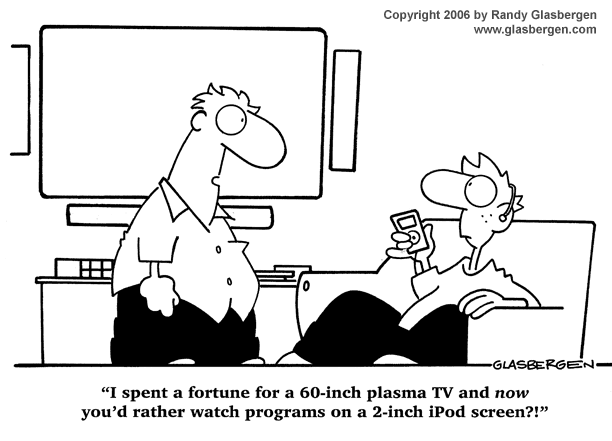

Educating our Children IV – No Easy Roads

I rarely pay much attention to the lives of the rich and famous as they play out in front of us through the media. That said, I have been unusually captivated by the story playing out in the US media around wealthy parents that rigged exams and committed tax fraud to get their children into the school of their choice.
We all know the wealthy have advantages in life – including being able to afford large donations to schools to which they want their children and grandchildren to attend. A family member has had a long affiliation with Harvard. When parents ask him what they can do to help their kid get into Harvard, he says ‘A $3 million donation might not be enough, but it’s a start’. We both laughed knowing the truth is not too far off – a couple million more maybe.
Long-time readers of my rants will know that this isn’t my first time writing about education. Because I have spent the last 15 years watching three boys work their way through our education system here in Ontario, my interest in how the system works and its effectiveness has started to match my interest in retirement plan design, retirement planning, and mortality improvement.
I was both impressed and saddened when I reread my first installment on this subject. Now five years old, the discussion questions the value of our current educational system. Sadly, I have only grown more cynical over the half-decade.
Canada is different than the US. In the US, prestige ranks high in the value proposition of the University degree. Just say you went to Harvard or Yale and you must be smart and a good hire. Schools in the Ivy League are known around the world. It is an open question as to how good the education these schools actually provide. And what we are learning now is that the schools are not filled with the best and the brightest because they must use up so many spots for the semi-capable children of the wealthy and some portion of the school’s athletes that wouldn’t be admitted otherwise.
I honestly believe in Canada the corruption is very small and I want to be optimistic and say it is non-existent. With that said, I see a different problem here. Admissions to our schools are based almost entirely upon grades and test scores. As the boys worked their way through high school you could see the increasing focus on their ‘grade 12 average’ – the ubiquitous single number that entirely describes one’s human potential and through which we decide what type of education a child should receive going forward.
In our house, the kids and their friends have been indoctrinated by society that post-secondary university or college is a must. I have certainly contributed to this indoctrination, but at the 11th hour I am resurfacing questions about the value of formal education. I watch my own kids and their friends struggle in programs that they are qualified to attend but for which there is no love. I watch our youth struggle to find a purpose and to connect a learning path to their long-term goals. In the meantime, so much can be learned online for free.
Is our goal for our kids to learn knowledge that is valuable and skills that are applicable to today’s world or is our goal for our kids to get a piece of paper? With more university grads unable to find suitable employment, my skepticism rises on the value of the paper. In my first commentary one reader commented that it is the ‘school of soft knocks’. I am still laughing because in our house we have discovered that it is easier to wander through university working through the funds in your RESP than it is to be full-time on the midnight shift at McDonalds.
At this point I am not bothered if our kids don’t get a university education. I wonder if college is the sweet spot in terms of cost and focus on education directly transferrable to employment, unless it is a profession that requires the higher learning of university. I really wonder if the best answer is to get a job and learn as you go. Naysayers will point to studies that show for the last 30 years university grads made more than college grads and college grads made more than those without post-secondary coddling. My point is that is the past and what we need to think about is whether that formula will be true in the future. There is so much uncertainty around what jobs will exist for humans in a decade it might not be wise to invest four years in a program that will be outsourced to Artificial Intelligence.
Lots of people are saying that skipping post-secondary education is the ‘hard road’. I am now telling the boys and their friends that they are all hard roads. You just need to choose a road and give it your all. At the same time, we need employers that can look past the ‘certificate’ model of education and start to properly value knowledge – even if gained in some independent model online.
The internet has changed the taxi and hotel industries dramatically, education cannot be too far behind. It will be really interesting to see how the system changes over the next 10 years. Maybe kids and parents will have more obvious choices by then.
I rarely pay much attention to the lives of the rich and famous as they play out in front of us through the media. That said, I have been unusually captivated by the story playing out in the US media around wealthy parents that rigged exams and committed tax fraud to get their children into the school of their choice.



Comments
4